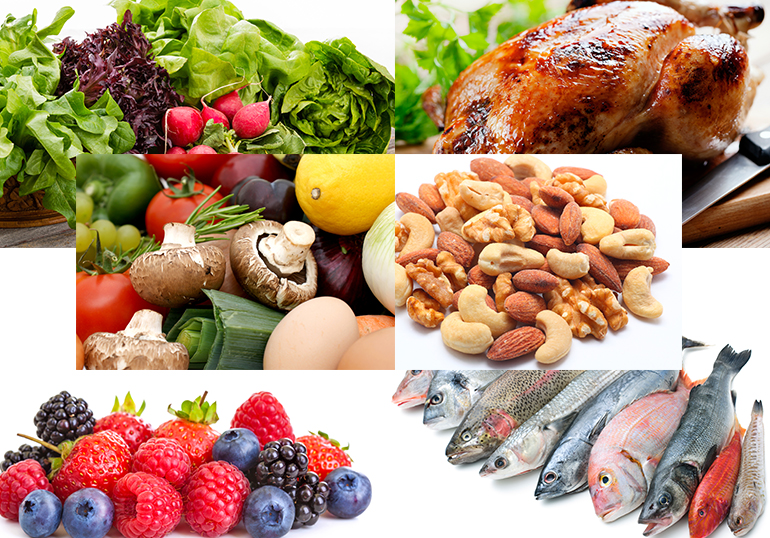By Candace Chemtob, MS, RD, LD, CSSD
Squash is a demanding sport and has been compared to chess at a hundred miles an hour. To be at the top of your game, you need to be lightning fast, agile and powerful. As if that’s not hard enough, you must be able to outwit your opponent as well.
In addition to exercise, a healthy diet can have a powerful, positive impact on brain health and can slow down the aging process. The relationship between diet and brain health has been established for decades. We have long known that malnutrition stunts the growth of developing brains in children and that the B vitamins exert a strong influence on cognition (defined as the mental processes involved in gaining knowledge and comprehension, such as thinking, knowing, remembering, judging and problem solving). There is a long list of nutrients that exert a demonstrable effect on brain function ranging from glucose (carbohydrates), vitamins C, D, E, omega 3 fatty acids and antioxidants.
While the list of individual nutrients that can improve brain function is long, what diet should we eat to boost our brain function? There has been a flurry of research in the past two years to answer this question. The health benefits of the Mediterranean diet have been known for years. In 2015 the Journal of the American Medical Association published work by Dr. Emilio Rios and colleagues comparing the effects of the Mediterranean diet to a low-fat diet on brain health over a period of four years. The authors concluded that a “Mediterranean diet supplemented with olive oil or nuts is associated with improved cognitive function.” Another study released earlier this year used magnetic resonance imaging to look at the brain size of subjects on the Mediterranean diet as compared to a low-fat diet. After three years, the authors found that participants who adhered more closely to the Mediterranean diet were less likely to lose brain volume. The results of these two studies are compelling; diet plays a profound role in protecting our brains.
What if you could decrease the risk of developing Alzheimer’s by more than fifty percent? That is exactly what researchers at Rush University in Chicago found in a study of 923 seniors. For four and a half years, seniors followed the MIND diet, which stands for “Mediterranean-DASH Intervention for Neurodegenerative Delay” diet. The MIND diet is the Mediterranean diet with elements of the DASH (Dietary Approaches to Stop Hypertension) diet which limits salt intake, and promotes exercise and maintaining a healthy weight. The MIND diet is rich in ten foods: green leafy vegetables, all other vegetables, nuts, berries, beans, whole grains, fish, poultry, olive oil and red wine, while avoiding red meat, butter, stick margarine, cheese, pastries, sweets and fried and fast foods. The subjects who adhered strictly to the MIND diet lowered their risk for Alzheimer’s by fifty-three percent, and even those who loosely followed the diet, their risk decreased by thirty-five percent. The MIND results prove that diet and exercise work synergistically to stave off Alzheimer’s disease.
If you have been thinking about making positive changes to your diet to be healthier, the time is now. Science supports the Mediterranean diet combined with exercise, moderate salt intake, and maintaining a healthy weight is the path to peak mental performance—especially as we age. Exercise and a healthy, Mediterranean-type diet are a potent combination to keep your body and brain in top shape. Play lots of squash and eat healthily: this is the best recipe for a long, healthy, productive life.


